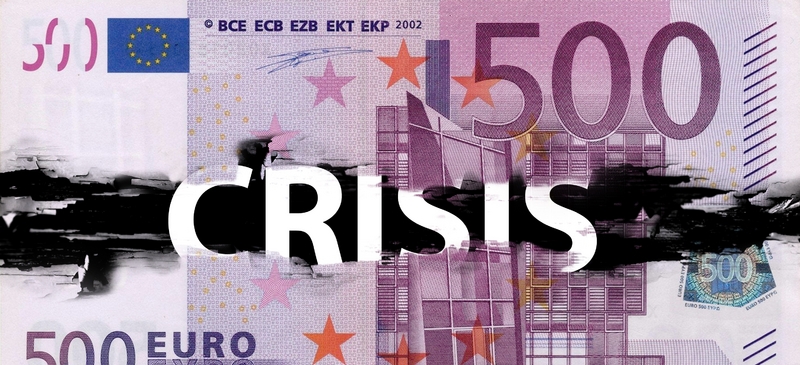
Eurozone policy-makers are playing with fire
By Simon Tilford
There is an awful inevitability about the latest instalment of the eurozone crisis, which looks highly likely to culminate in Ireland being forced to seek a bailout from the European Financial Stability Fund (EFSF). As soon as German and French leaders raised the spectre of private holders of government bonds incurring losses under a permanent crisis resolution mechanism, borrowing costs for the struggling members of the eurozone were only going to increase. Unless the EU changes track and agrees to make the EFSF permanent and the European Central bank (ECB) steps up its purchases of the hard-hit countries’ government bonds, investors will believe that default is inevitable and demand correspondingly punitive interest rates. Contagion to other member-states will be all but inevitable. If, and when, it reaches Spain, the crisis risks spiralling out of control.
Taken out of context there is obviously merit to the Franco-German proposal. But the timing could not have been more damaging. The defence of the proposal – that existing bonds would not be affected, just those issued after 2013 when the new crisis resolution mechanism would replace the EFSF – is illogical. In 2013, Greece, Ireland, Portugal and whichever other countries are in this group by then will have to pay ruinously high interest rates to borrow money. The EU will then have to choose between launching an open-ended bail-out of the countries in question, or push ahead with a restructuring of their debts. The latter would, of course, leave the current holders of these countries’ debts nursing losses, and explains why investors have taken fright.
Investors are calculating that voters in the fiscally sound member-states would baulk at an open-ended bail-out. They are right to be sceptical as the number of countries that would be strong enough to participate in such a bail-out is worrying small. For example, it is unlikely that Italy could really participate in a major bail-out without investors looking askance at its own position. Italy is not confronted with the aftermath of a housing market crash, but the country has a very high level of public debt (around 115 per cent of GDP) and extremely poor economic growth prospects. Belgium is in a similar position.
Instead of making a bad situation worse the eurozone should concentrate its efforts on debating how the EFSF will be made permanent, ideally as the embryo of some kind of minimal fiscal union. Without a permanent mechanism to support member-states, it is hard to see how order is to be restored to the bond markets. The current strategy of austerity and debt-deflation on the struggling member-states is bankrupt and self-defeating. If these countries were able to devalue it might work by boosting the trade competitiveness of their goods and pushing up inflation, hence reducing the risk of deflation. Similarly, if there was going to be serious action to address trade imbalances within the currency union, they might have a chance of generating export-led growth. As it stands a number of member-states are effectively insolvent and caught in a vicious cycle. The collapse of economic growth has devastated tax revenues, while deflation is pushing up the real value of their debts.
For its part, the ECB should be loosening monetary policy and stepping up its strategy of bond purchases in an effort to save the currency union. But the next move in eurozone interest rates will be up, and the ECB is committed to winding-down its bond purchases. In light of the risk of contagion to other member-states, including Spain, the ECB’s current strategy is much riskier than the potentially inflationary impact of such bond purchases. With much of the eurozone economy stagnant and German growth being driven largely by exports rather than domestic demand, the threat of a surge in inflation is imaginary.
The initially slow and disjointed response of eurozone policy-makers to the eurozone crisis was forgivable. After all, the currency union comprises 16 sovereign governments and there had been no contingency planning for such a crisis. Deciding what to do was never going to be easy. What is less forgivable is that they continue to underestimate the severity of the crisis and what is at stake if they fail to contain it. Instead of questioning the rationality of the investors, eurozone policy-makers need to pay more attention to what is driving market sentiment. The eurozone’s strategy for dealing with the crisis now points to default across the currency union’s periphery. The markets can hardly be blamed for pricing in such a likelihood.
Simon Tilford is chief economist at the Centre for European Reform
